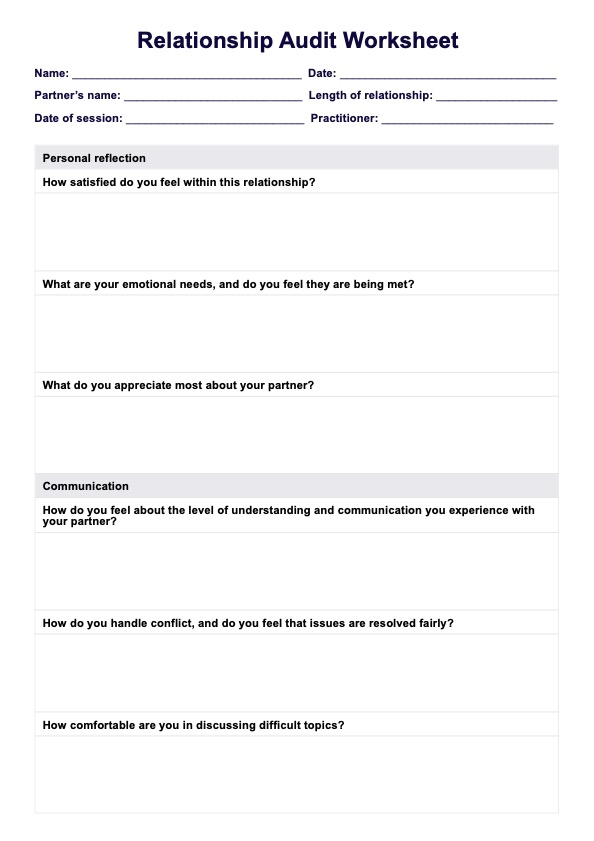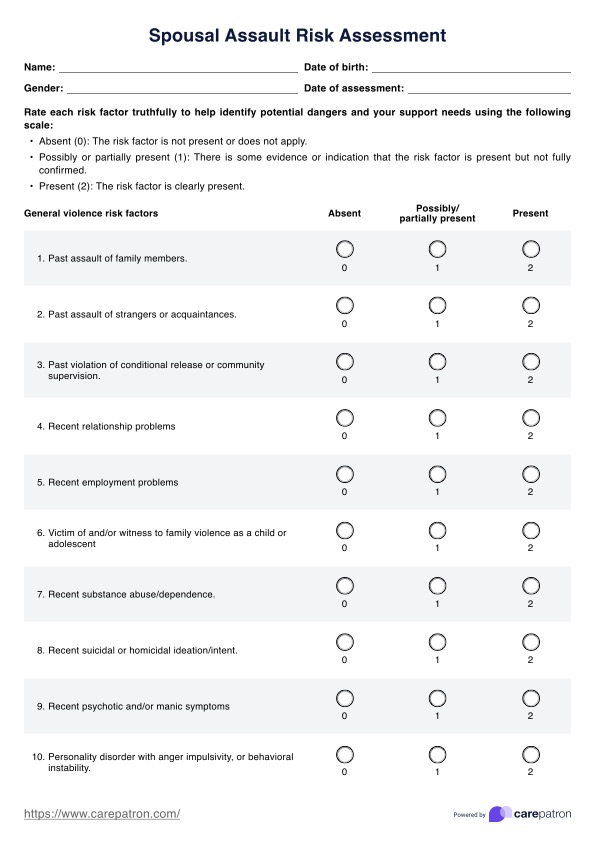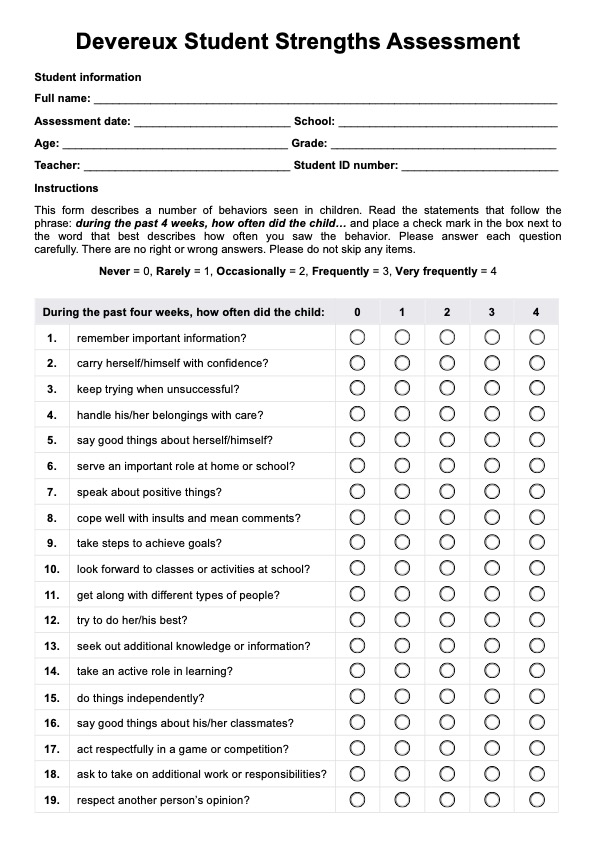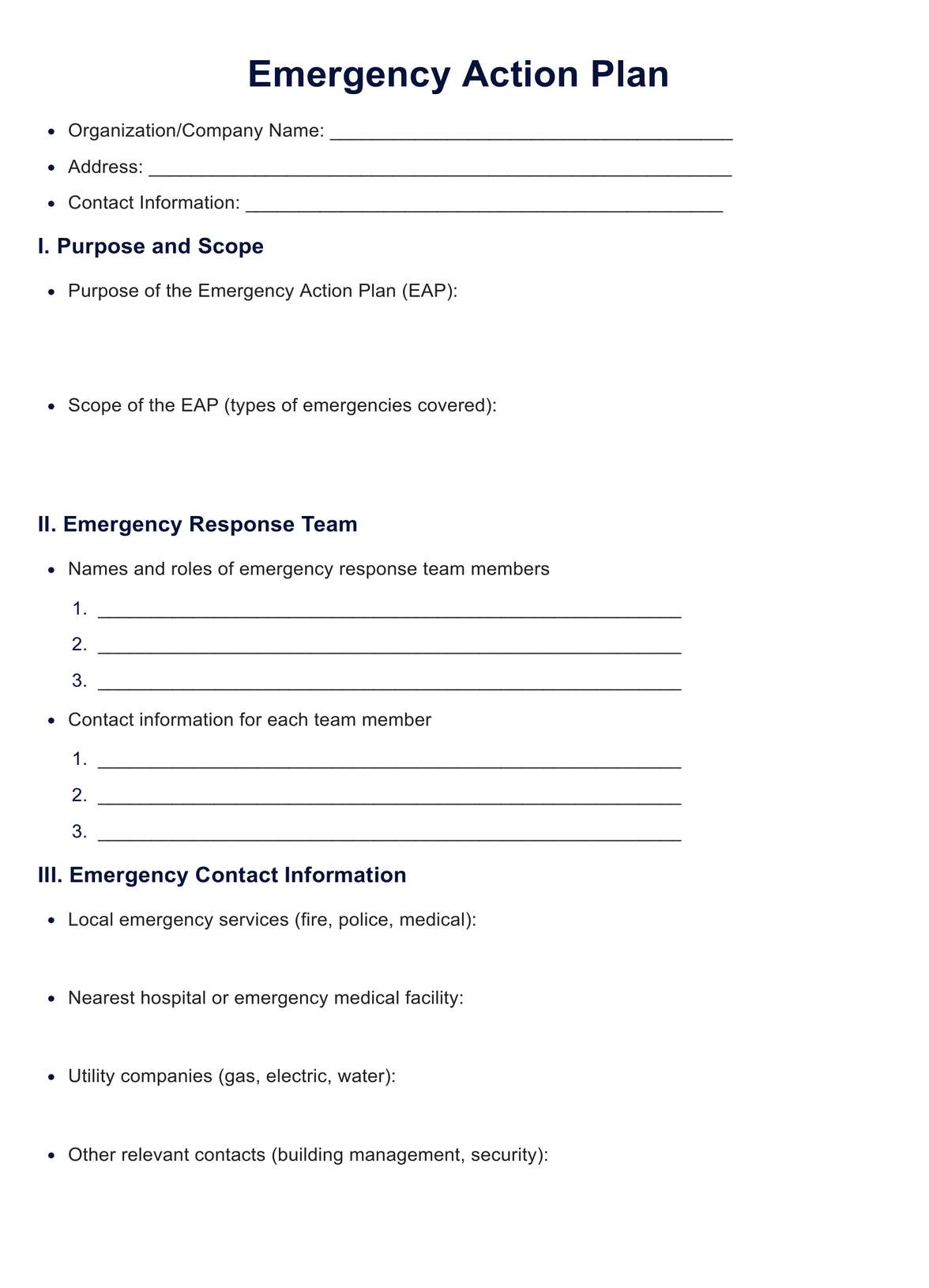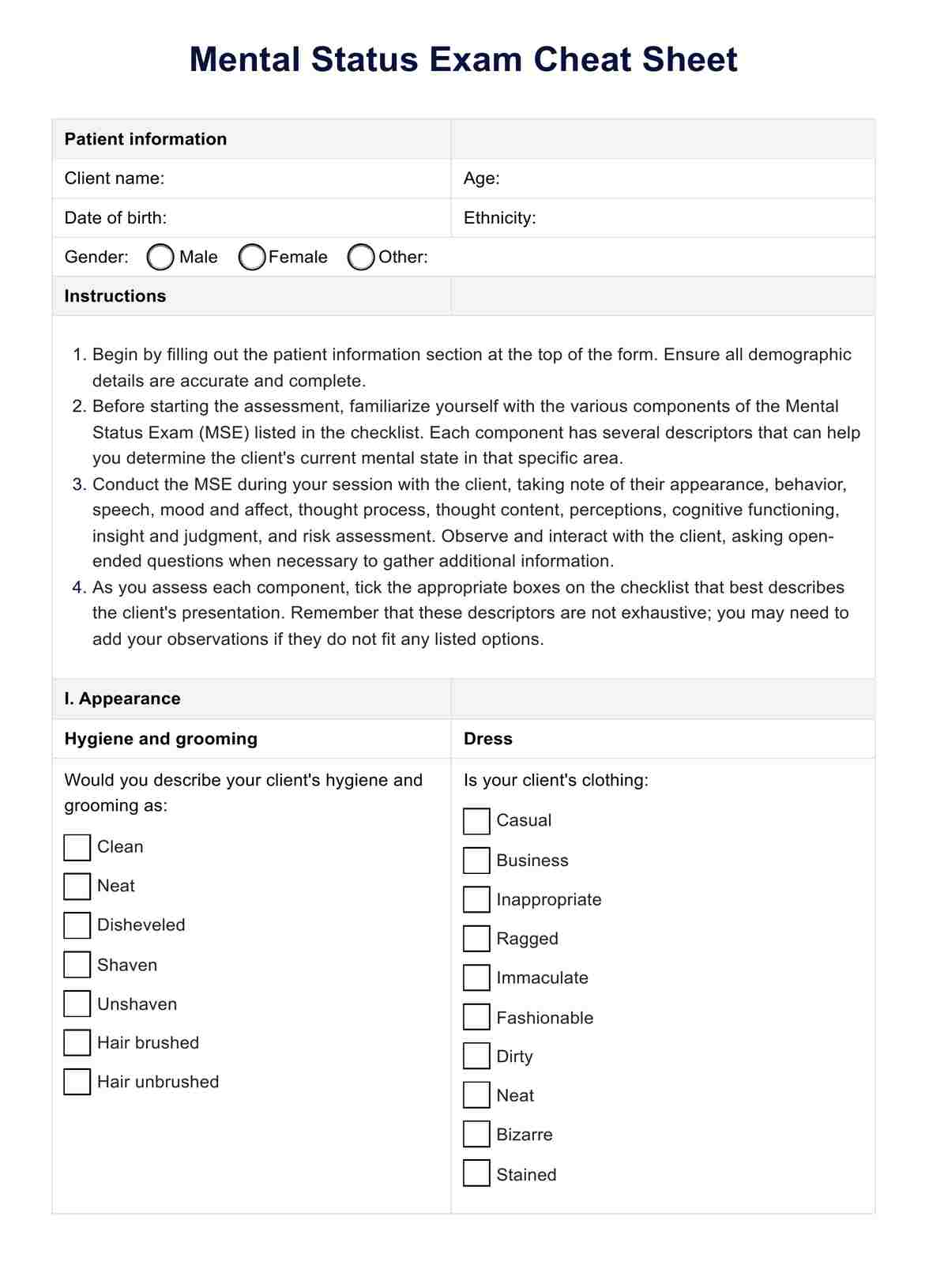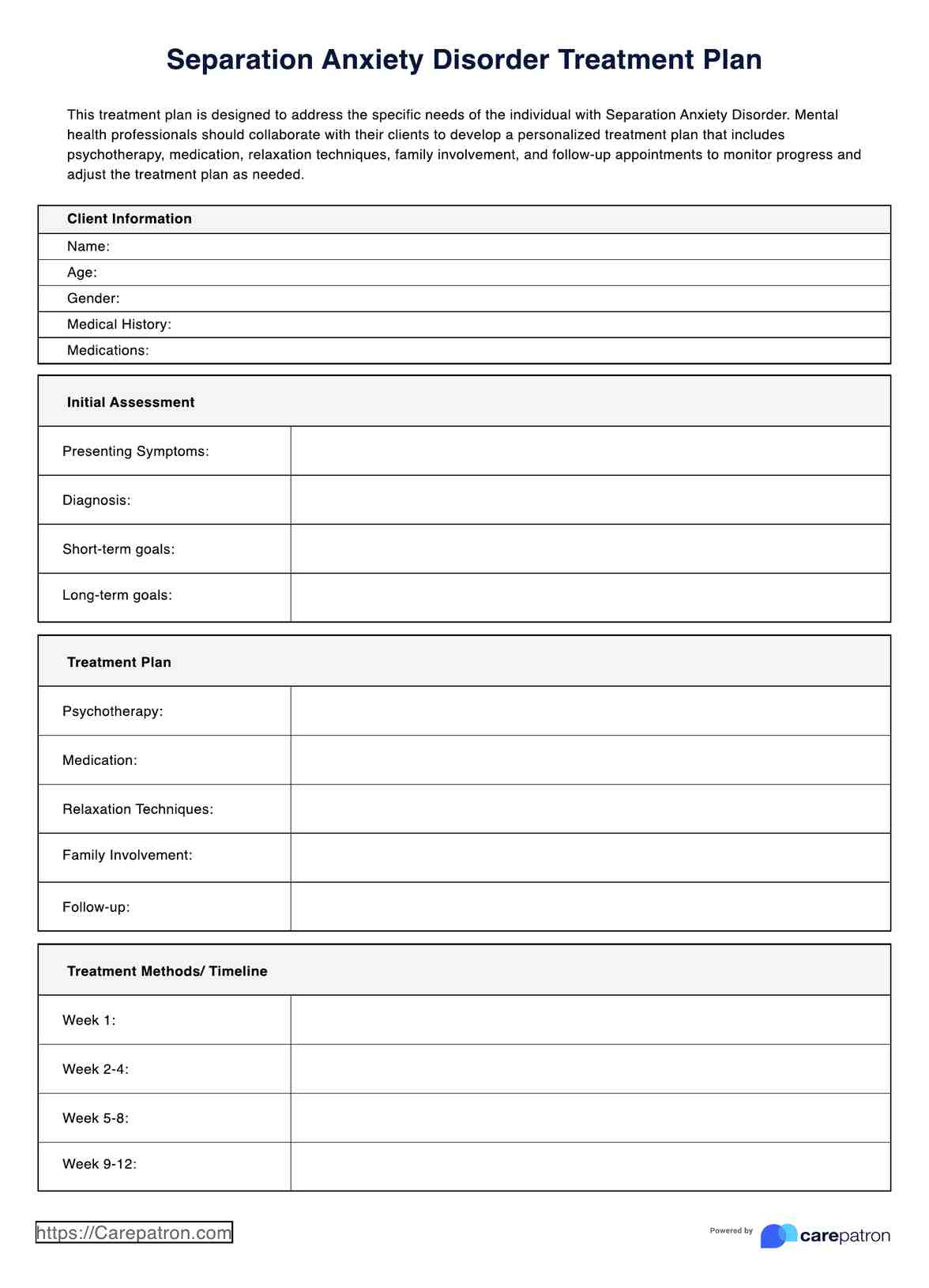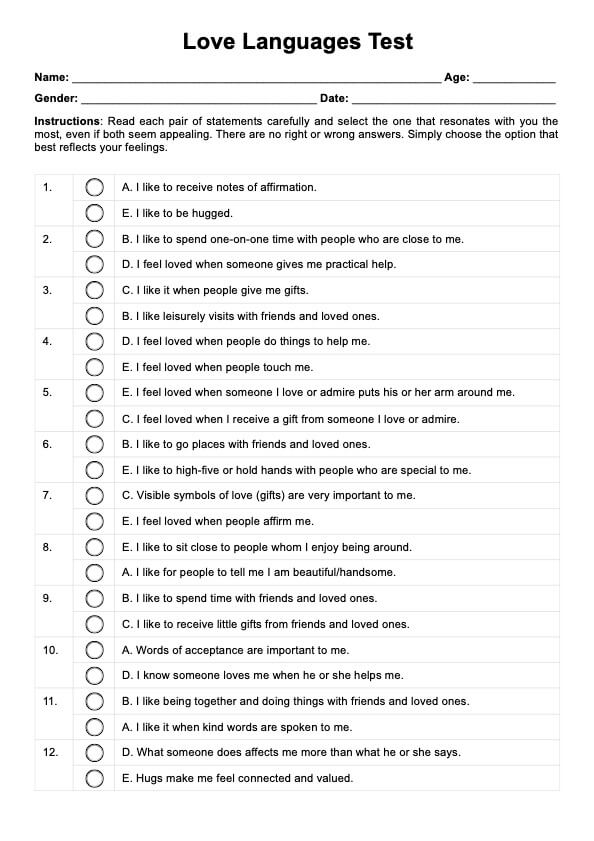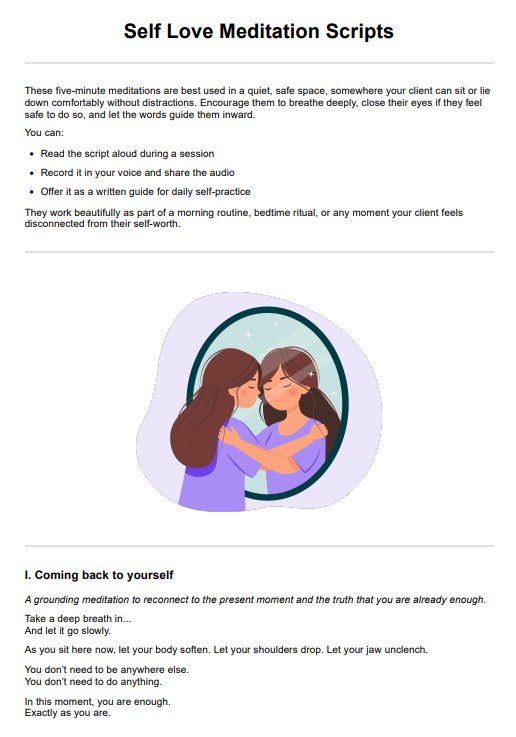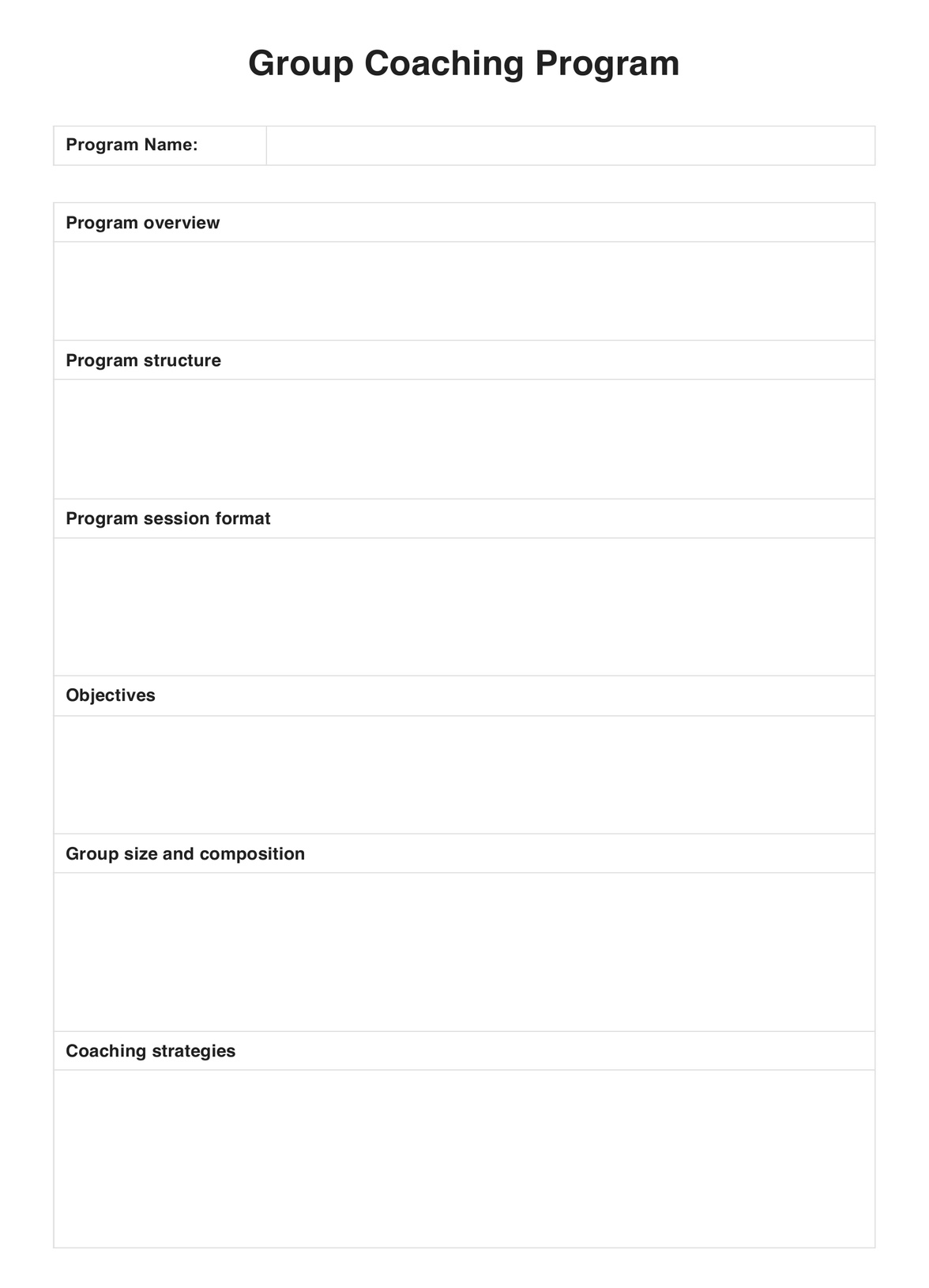Burnout Test Template
Click here to learn more about the Burnout Test and how you can implement it into your practice to support your clients.


What is burnout?
Burnout is a state of complete mental, emotional, and physical exhaustion. It is often the result of overworking or over-committing to tasks without consideration of personal needs. When we talk about burnout, we often think of people who suffer from job burnout. This is where an individual will work too much and commit themselves too often to their occupation, which leads to emotional and mental exhaustion.
Burnout Test Template
Burnout Test Template Example
The key signs and symptoms of burnout
You need to be aware of some critical signs and symptoms of burnout. An individual may be on the road to burnout if they find that:
- every day is a bad day
- caring about work or home life seems to be a waste of time/energy
- they're exhausted all the time
- a majority of their day is spent on tasks they do not enjoy
- they feel that nothing they do makes a difference or is appreciated
Physical, emotional, and behavioral symptoms may also be considered burnout symptoms. Here are a few of them (Signs You Might Be Experiencing a Burnout and How to Regain Balance in Your Life, 2021) :
Physical symptoms
- Headaches
- Stomach problems
- Fatigue
- Frequent illness
- Changes in appetite and sleep
Emotional symptoms
- Helplessness
- Cynicism
- Sense of failure/self-doubt
- Decreased satisfaction
- Feeling detached
- Loss of motivation
Behavioral symptoms
- Reduced performance in everyday tasks
- Withdrawal or isolation
- Procrastination
- Outbursts
- Using substances to cope
Taking the Burnout Test
Here at Carepatron, we're dedicated to making the lives of mental health professionals and their clients much more accessible. Individuals who are going to be undertaking the Burnout Test can rest assured knowing the form is easy to complete and understand. That's why we've created step-by-step instructions to support you. The Burnout Test can be used as a diagnostic tool to comprehend the level of burnout syndrome the individual may suffer from.
Step One: Obtain the Burnout Test
You can do this by navigating the templates page on the Carepatron website. You can download the printable Burnout Test to your device for easy online access and completion. Alternatively, you can download this test and print it out for individuals who wish to complete a paper version.
Step Two: Fill out the form
Next, answer the questions about experiences with possible burnout symptoms. There is a Likert scale that can support your answers and help the mental health professional understand how severe the symptoms may be.
Step Three: Talk with your client
Once the template has been completed, you may wish to score the test during that session or take some time to identify more possibilities. Talking more with your client to understand their daily life better is a good idea. As always, context is important.
Step Four: Create a plan
Once you have the results of the Burnout Test, you can work with your client to create a plan for going forward. If the test results suggest the individual may indeed have burnout syndrome, you can support them in finding ways to lower their symptoms. Alternatively, if the individual scores low on the Burnout Test, you may wish to do further mental health testing to determine other mental health issues possibly occurring.
Step Five: Store the Burnout Test
Rest assured that the Carepatron software allows you to store the completed template safely. You may wish to revisit this completed test to identify progress and possible new symptoms.
Who is this burnout quiz for?
Anyone can complete this Burnout Test. Typically, it would be completed by those experiencing burnout symptoms or at risk of developing burnout syndrome. Specifically, this Burnout Test can be completed by:
- Anyone who may be experiencing burnout symptoms
- Anyone who thinks they are involved in occupations where burnout is inevitable
- Those who are struggling with a work-life balance
- Employees and employers
- Students
- Caregivers
- Anyone feeling overwhelmed
Understanding your results for the Burnout Test
Working out the Burnout Symptoms Test results is easy with our template. Once you have completed the Burnout Test, you can add the total scores for each question at the bottom of the template. From the total score, reference the below information for an interpretation of the total score.
- 15 - 30: low risk
- 31 - 45: medium risk
- 46 - 60: high risk
- 61 - 75: severe risk
How to recover from burnout
Consistency is key
A great way to recover from burnout syndrome is to ensure you consistently perform other responsibilities. You can do this by establishing a consistent routine for yourself. For example, an individual might set a constant goal of spending one day a week to improve relationships and delve into their social life. However, it is essential to set realistic goals. Setting goals for spending more than half the week dedicated to social life will be challenging if the occupation is a surgeon. It can also be helpful to note when you might be overcommitting to tasks. You can do this by being self-aware of any anxiety, stress, and other symptoms. If you ignore these risk factors, you may experience burnout.
Sleep problems
Sleep problems are common signs of burnout syndrome. You can counteract this symptom by prioritizing sleep routines that allow you to get good sleep. This may be avoiding stimulants, less technology in the afternoon, and even taking relaxing medication or doing meditation before bed.
Rest: Recharge your mind and body
A great way to combat burnout is by taking a good amount of rest. This may include taking regular breaks during the day to support your brain functioning and maintain your interest in your work. Individuals may find it helpful to schedule time to do what they love outside of work, like spending time with family and friends. Don't forget to use your vacation days. They are there for a reason; you deserve it!
Cynicism and detachment
To avoid cynicism and detachment associated with burnout, individuals can reflect on priorities often, seek social support, and consider counseling.
Disconnect after work
Disconnecting after work is a great way to maintain an excellent work-life balance. This can be especially hard for those who work from home, although it is necessary to recover from burnout. You can do this by establishing a solid line between work and life and doing activities away from work.
Which type of therapy or coaching is right for your patient?
Overall, the type of therapy or coaching the patient considers successful will depend on what they prefer. In saying that, Cognitive Behavioral Therapy (CBT) is a one-to-one therapy option but also a group option for those who are struggling with burnout. This is because it assesses and monitors the symptoms of burnout while challenging the negative attitudes the individual may be working with. CBT can support the individual in understanding what might be keeping the burnout going and identify any lifestyle problems that may be maintaining the chronic stress. CBT also helps create a plan for stress management and monitoring for success.
References
Signs you might be experiencing burnout and how to regain balance in your life. (2021, November 22). Darling Downs Health. https://www.darlingdowns.health.qld.gov.au/about-us/our-stories/feature-articles/signs-you-might-be-experiencing-a-burnout-and-how-to-regain-balance-in-your-life#:~:text=Burnout%20is%20a%20state%20of
Commonly asked questions
Anyone who feels like their career is contributing negatively to their mental well-being, as well as those who think any burnout symptoms.
This is a relatively short test - it may take 5 to 30 minutes.
This test can support individuals in identifying important symptoms of burnout and help the therapist identify what negative thoughts might need working on and possible treatment options.


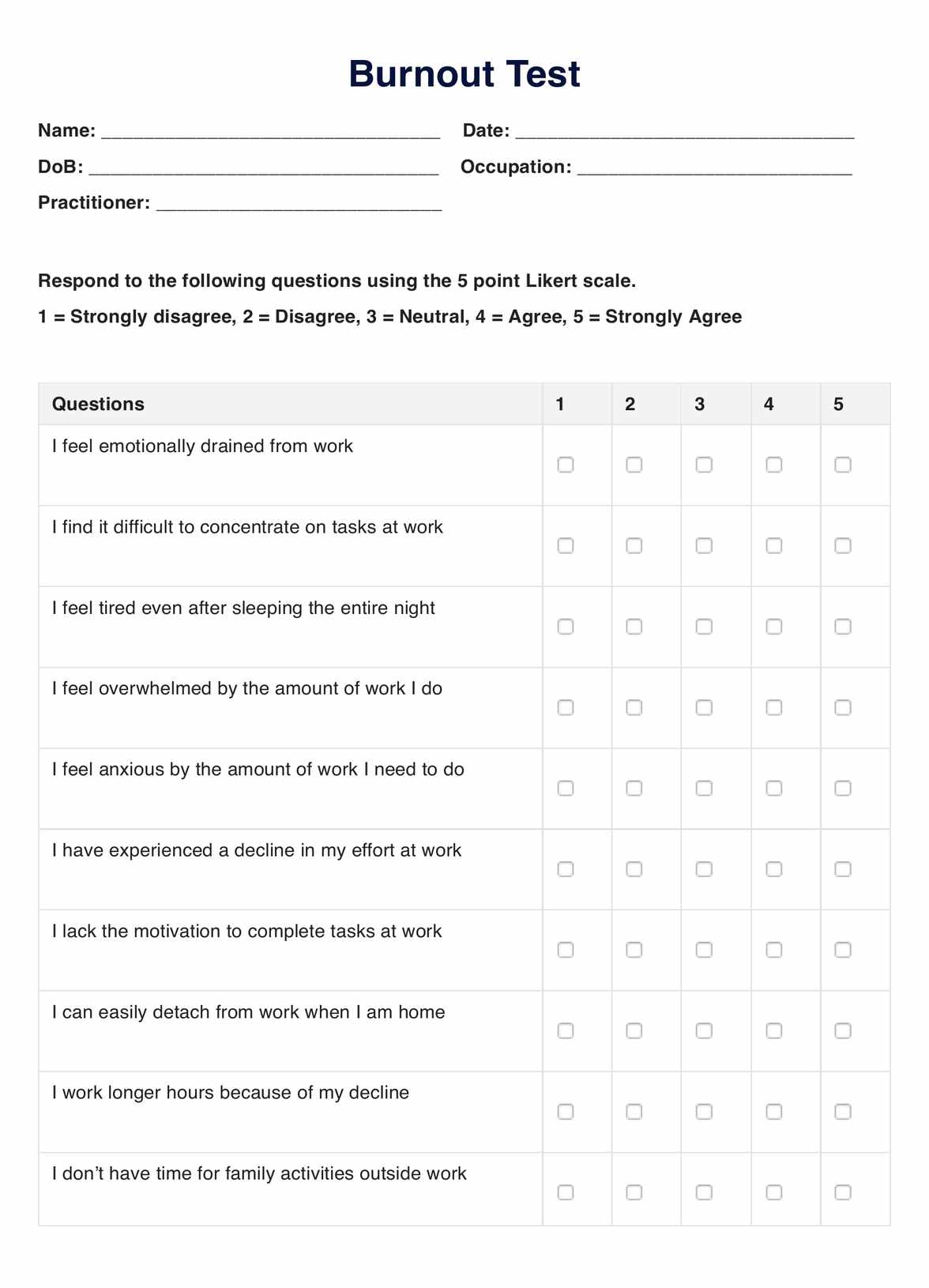
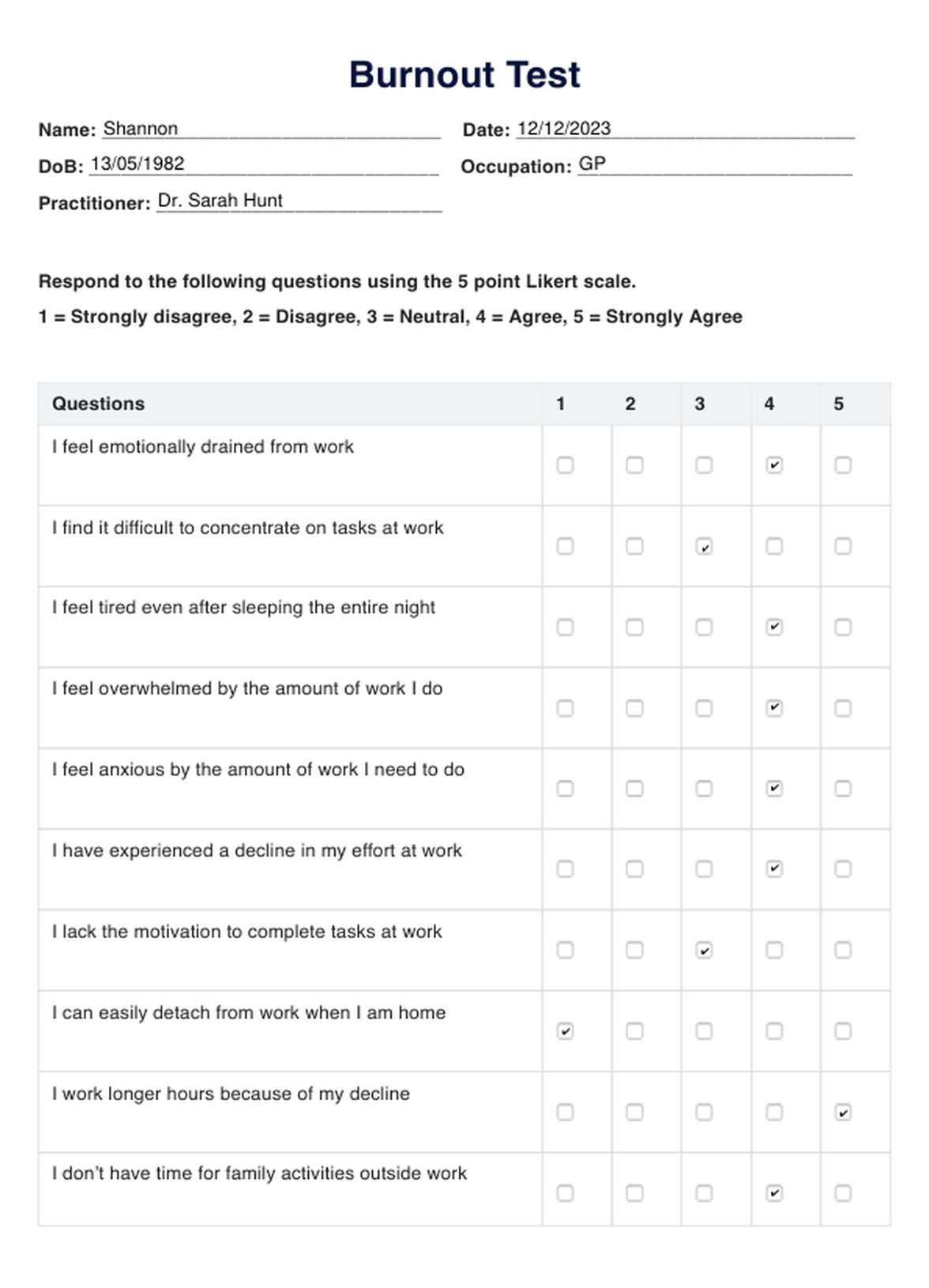

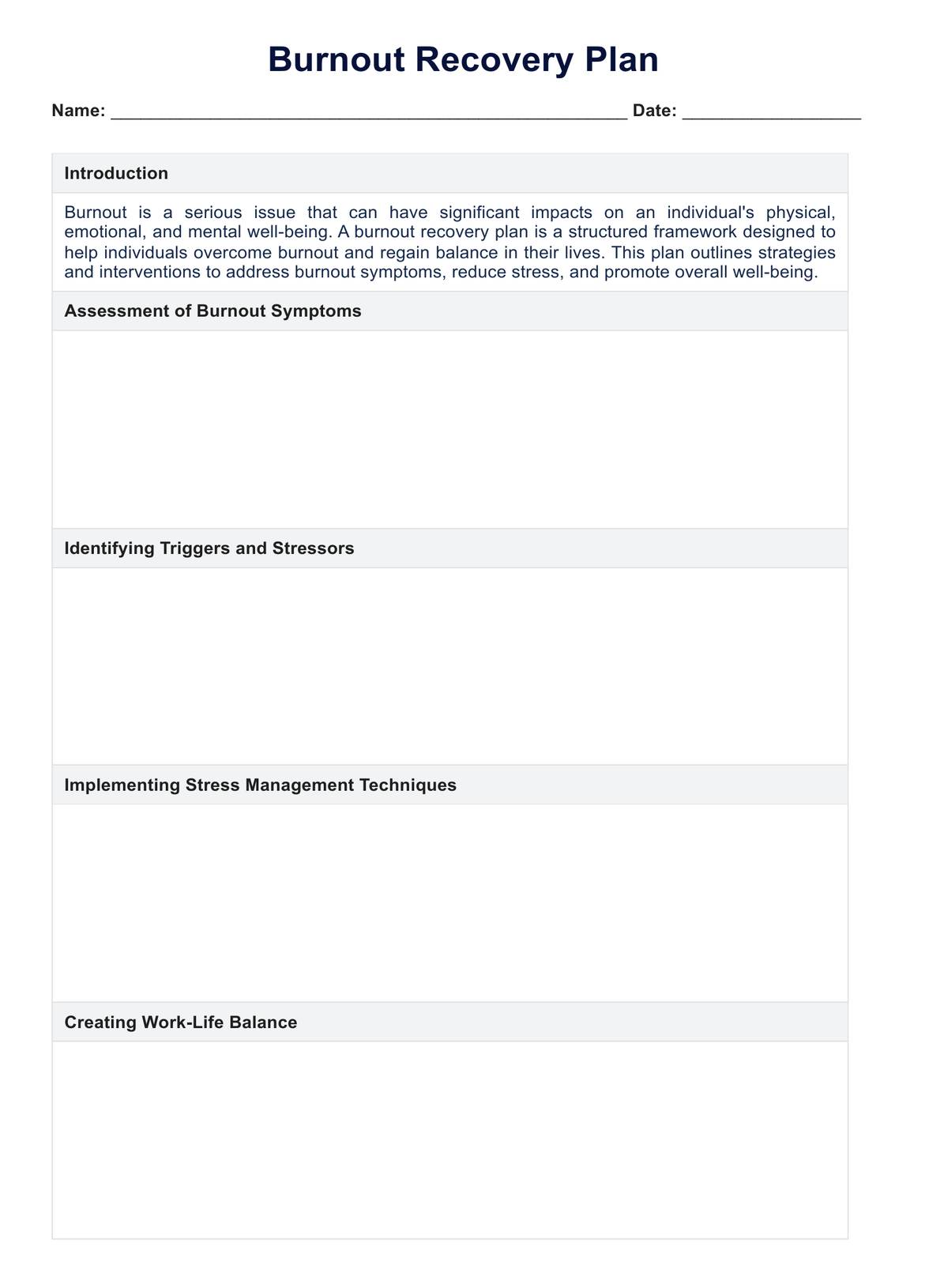
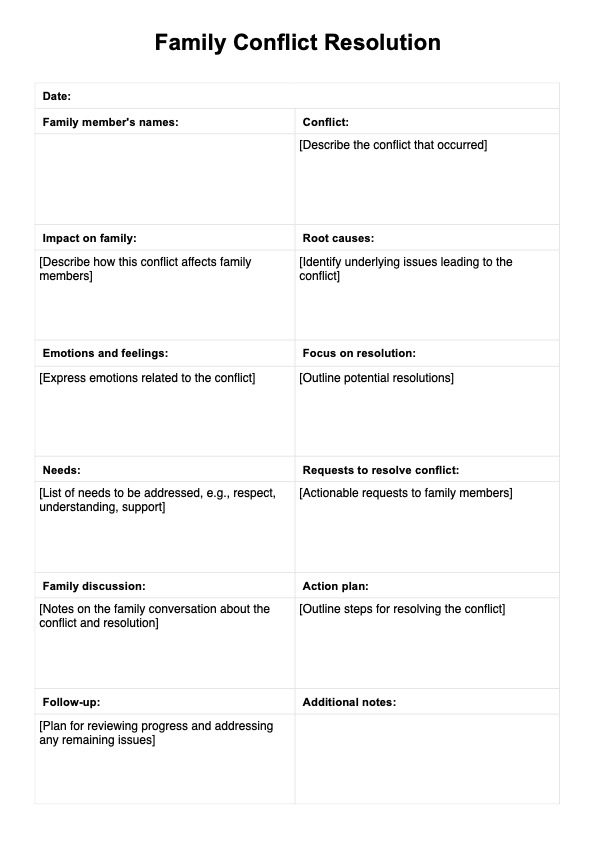














-template.jpg)


